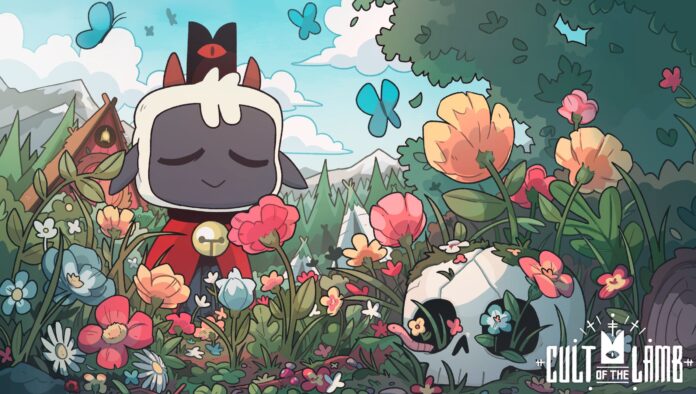With Unity’s recent announcement of runtime fees for developers using their engine, the gaming industry has been buzzing with concerns and questions. The controversy surrounding these fees primarily revolves around how they might impact game developers, particularly smaller indie studios. Unity’s attempt to clarify their pricing changes through an FAQ has introduced more ambiguity, particularly regarding who will bear the cost of the runtime fee. In response to mounting uncertainty and backlash, Unity published an FAQ on its official website to provide insights into the proposed pricing adjustments. While the FAQ covers various aspects, one critical question remains shrouded in vagueness. When asked, “Who is charged the Unity Runtime Fee?” Unity’s response is somewhat cryptic, stating, “The Unity Runtime Fee will be charged to the entity that distributes the runtime.” This wording raises eyebrows and suggests that digital storefront owners, including major players like Xbox, PlayStation, and Nintendo, might be responsible for covering the runtime fees associated with Unity games downloaded from their platforms.
This potential scenario poses intriguing questions about the willingness of these platform holders to absorb such costs. None of these companies have offered any official statements yet regarding whether they would agree to pay Unity’s fees on behalf of developers. Furthermore, Unity’s FAQ addresses several other concerns raised by indie developers, including the worry that the fee could apply to reinstallations, giveaways, and pirated downloads. Unity has clarified that downloads from subscription-based platforms such as Xbox Game Pass won’t count toward the runtime fee. Additionally, they won’t charge the fee for reinstalls or pirated downloads. However, in the case of piracy, the FAQ indicates that Unity would be “happy to work with any developer who has been the victim of piracy.” This suggests that developers might need to provide evidence that certain downloads were indeed pirated, potentially adding another layer of complexity and responsibility for developers.
Source / Via
Related
mynintendonews.com







